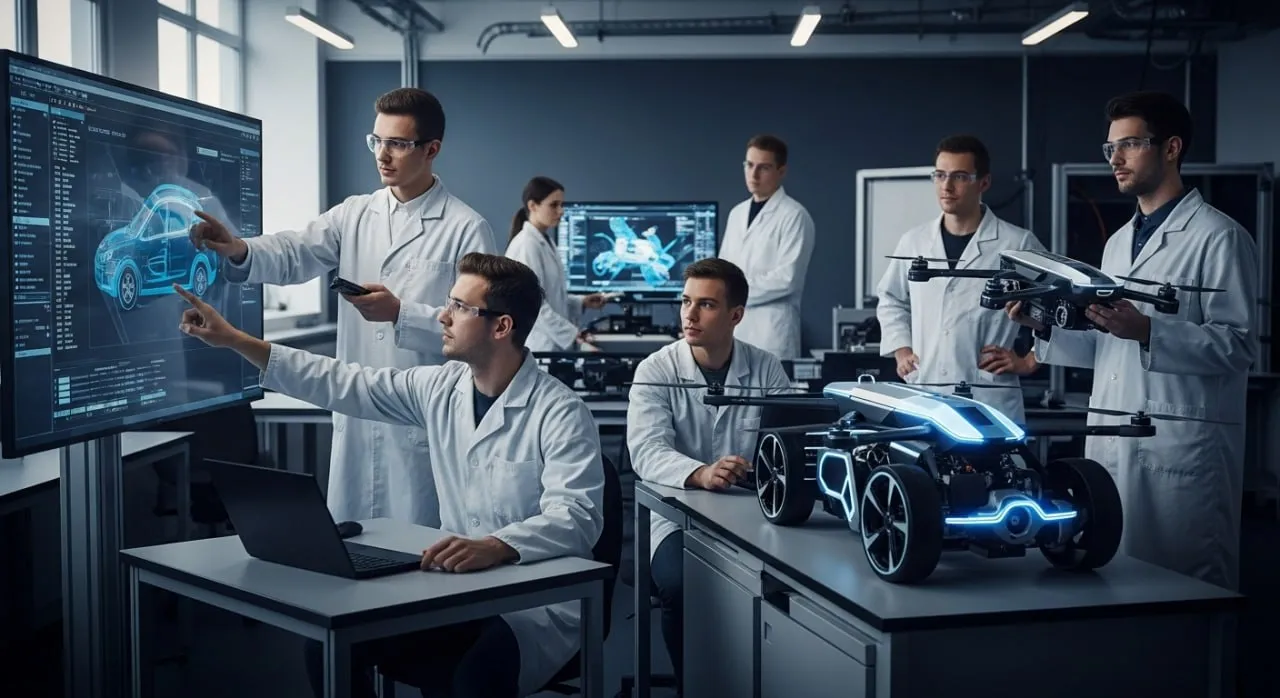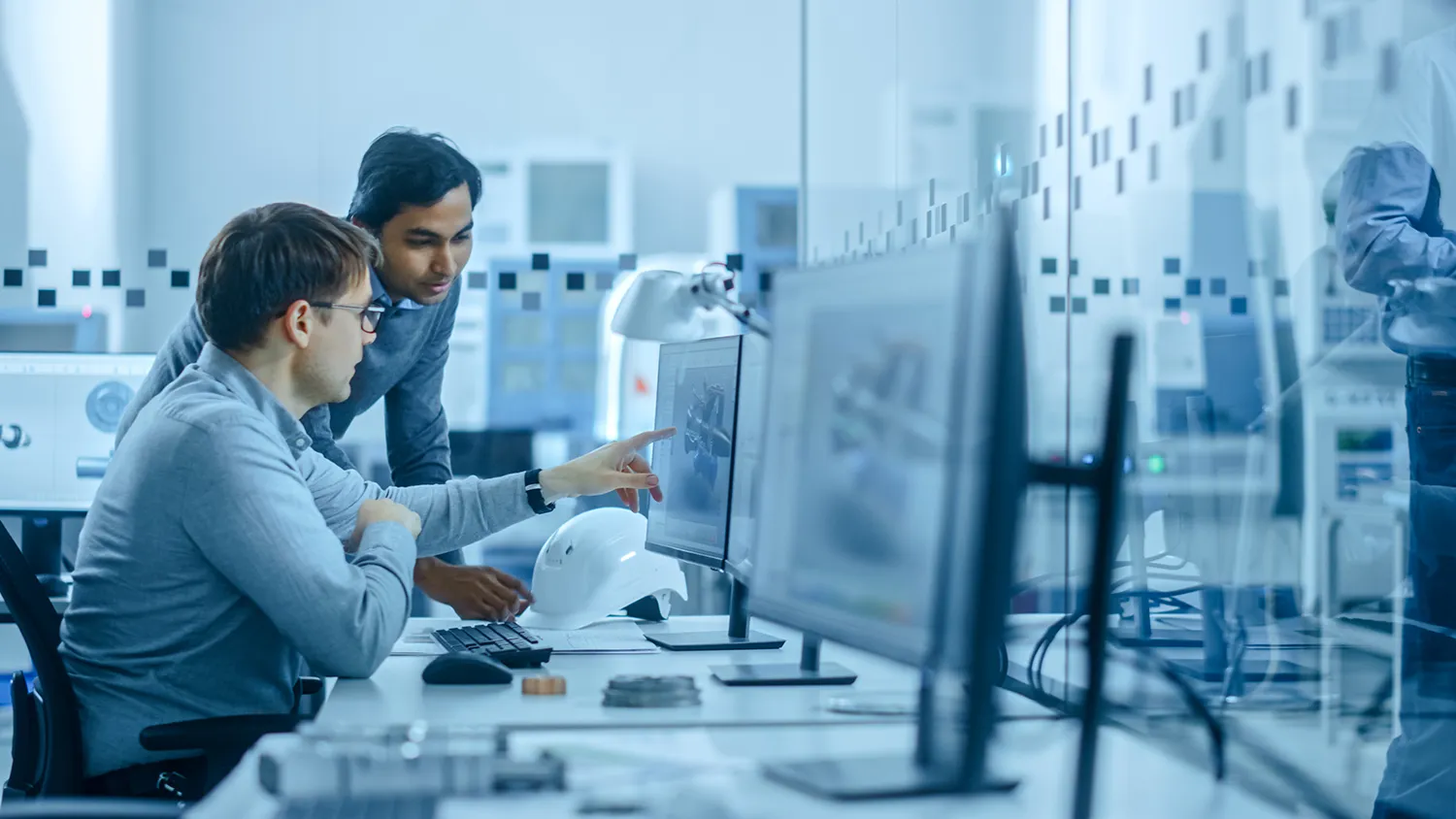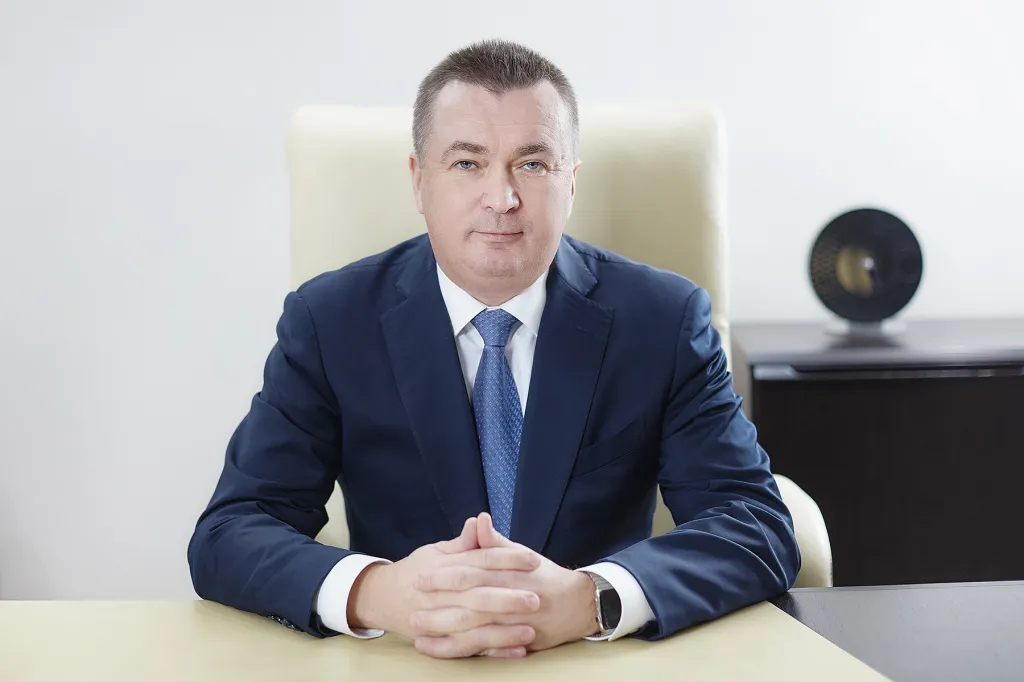Advanced Engineering “Special Forces” Take the Helm

Moscow Polytechnic University launches the Advanced Engineering School of Technological Leadership—a breakthrough in digital engineering and talent development for Russia’s high‑tech industries
Welcome to the Advanced Engineering School of Technological Leadership
Moscow Polytechnic University has just unveiled its boldest educational initiative to date: the Advanced Engineering School of Technological Leadership (AESTL). Far more than a simple curriculum expansion, AESTL represents a strategic leap forward in modernizing Russia’s engineering education. Building on its existing master’s‑level School of Electric Transport, the university is now extending the program to undergraduates, with an intensified focus on digital technologies, artificial intelligence, and cutting‑edge design methodologies.
The mission is clear: to cultivate a scientific and technical elite—what the university calls an “engineering special forces”—comprising researchers, tech entrepreneurs, designers, and technologists who can harness advanced approaches to develop and deploy engineering solutions. Coursework will center on digital twins and AI‑driven tools, slashing design and testing cycles for new products. While these technologies are already mainstream globally, their adoption in Russia is still gathering steam—AESTL will help accelerate that momentum.
By partnering closely with industry leaders, students will tackle real‑world production challenges from day one. Graduates will emerge not only with theoretical knowledge but also with hands‑on experience solving today’s most pressing industrial problems.

A Pipeline for Engineering Excellence
The launch of AESTL carries profound implications for Russia’s IT sector and broader economy. First, it strengthens talent pipelines in critical areas such as mechanical engineering, electric transport, and aerospace. In an era of rapid digitalization and increasing AI integration, having specialists who can effectively leverage these tools is a key competitive advantage on the global stage.
Moreover, embedding digital methods into engineering workflows can dramatically reduce both time and cost for research and development—an essential benefit given constrained resources. By creating homegrown design and simulation platforms, Russia is steadily breaking free from reliance on imported solutions. AESTL will serve as one of the primary incubators for this next generation of engineers.

From Steel Tempering to Technological Sovereignty
Over the past five years, Russia has made significant strides in modernizing its engineering education. In 2020–2021, leading institutions such as Peter the Great St. Petersburg Polytechnic University and the National University of Science and Technology MISiS rolled out new master’s programs in engineering. By 2022, digital engineering found its first industrial applications in sectors like engine design and nuclear energy—highlighted by milestones such as:
Development of a digital twin for a marine gas turbine engine.Deployment of the automated “Electronic Product Dossier” system based on the CML‑Bench™ Digital Platform.Creation of technical foundations and design documentation for a low‑power hybrid aircraft engine and its autonomous control system.
In 2024, Russia’s Ministry of Education and Science spearheaded nationwide integration of digital twins and AI approaches into curricula under the Priority‑2030 national project. The launch of AESTL is a natural continuation of these efforts.
Looking ahead to 2028, the AESTL model is slated for scaling to other universities and for export abroad. This initiative not only addresses current challenges but also underpins the country’s technological sovereignty—progressing toward full self‑sufficiency despite (or even because of) international sanctions. Domestically, the program’s potential to expand into other regions will fortify Russia’s infrastructure for training elite engineers. The widespread adoption of digital twins in education will lay the groundwork for a unified digital learning environment that evolves alongside industrial needs.
By aligning with the best global practices in digital engineering, AESTL opens doors to international collaboration and the export of educational programs. Should the school deliver on its promise—demonstrating real‑world success stories—its curricula and technological solutions could become sought‑after assets in higher engineering education worldwide, strengthening Russia’s brand in the global academic community.











































